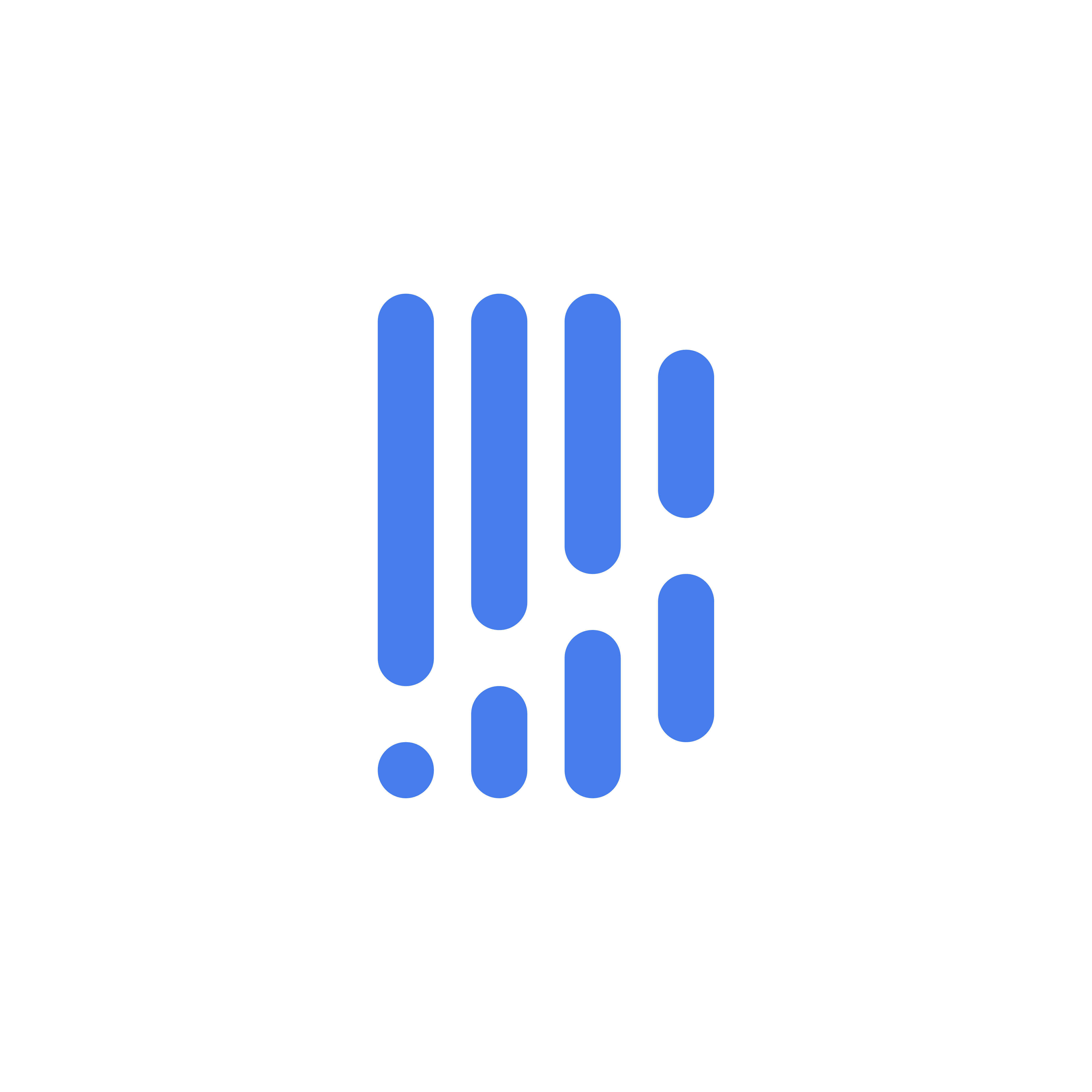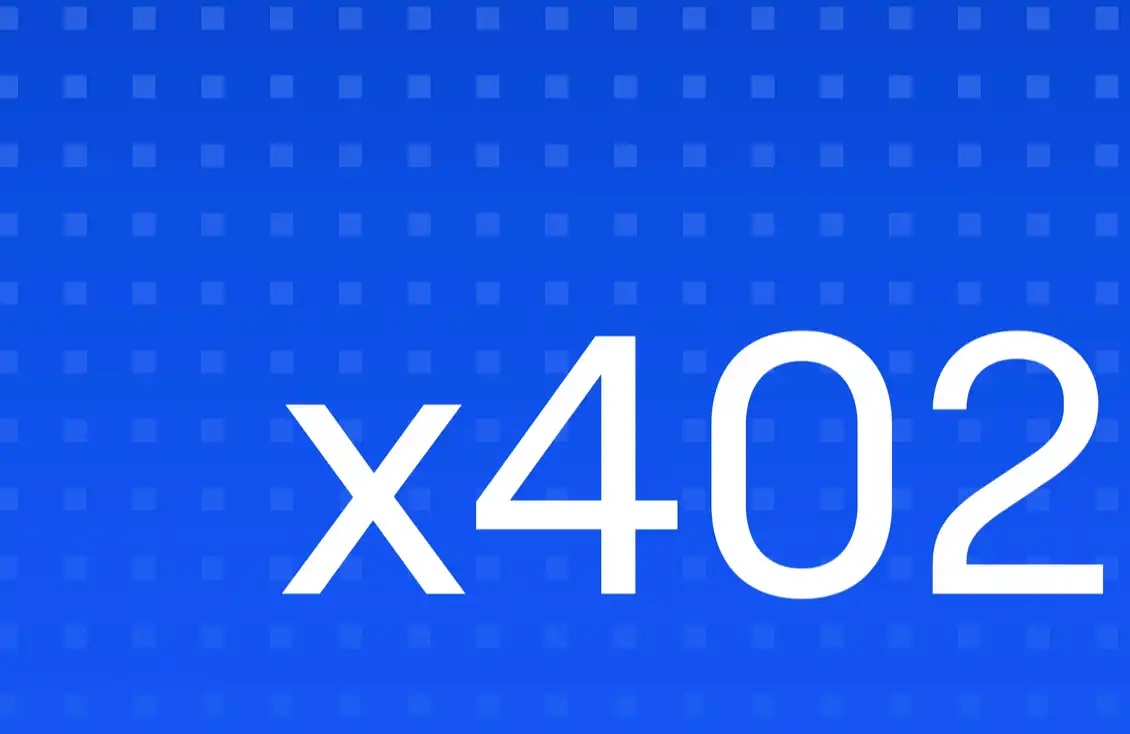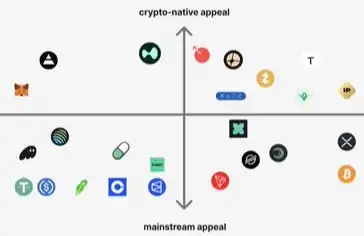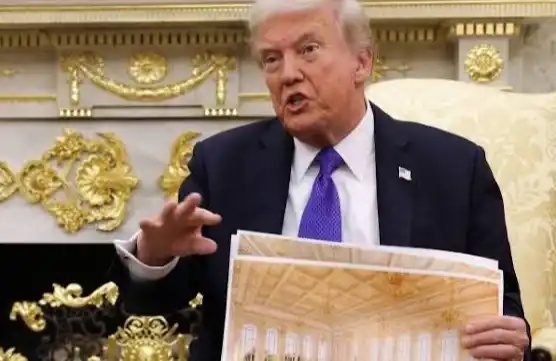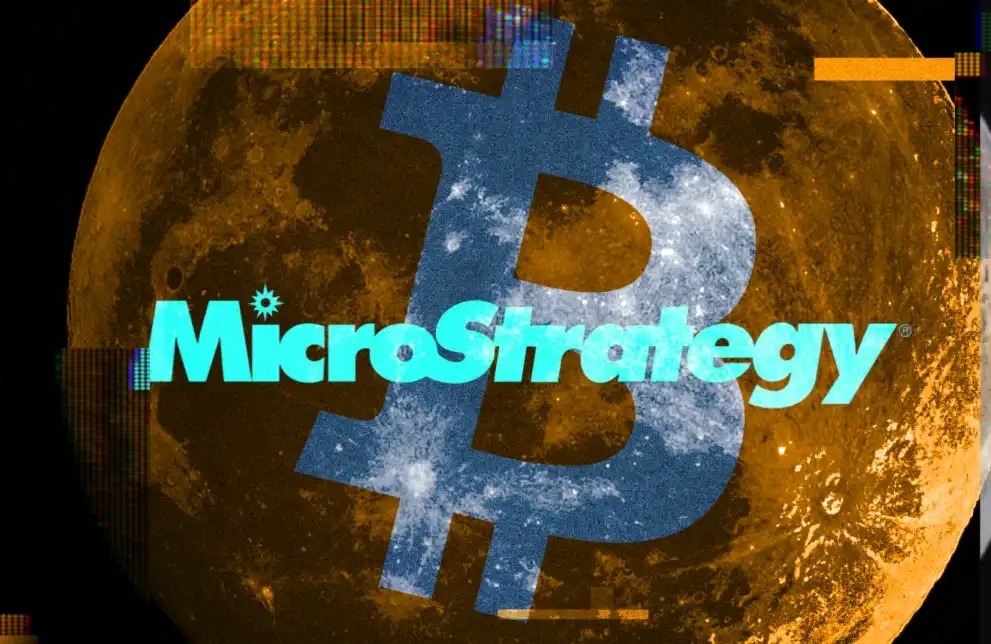Exclusive interview with Movement Labs: What are the characteristics of Modularity+MOVE invested by Binance Labs?
Interview: Jack, BlockBeats
Compilation: Lucy, Frost, BlockBeats
Movement Labs is a blockchain development team that powers the fastest and most secure Layer 2 on Ethereum as the first integrated blockchain network. Movement aims to combine smart contract security and parallelization with EVM liquidity and user base, connecting Rollup with Move Stack through its flagship L2 and bringing MoveVM to Ethereum.
Rushi Manche, co-founder of Movement Labs, paid attention to distributed systems and network security at a very young age and was exposed to the Cosmos ecosystem. At the age of 14, Rushi Manche started working in engineering and freelancing with Solidity after college. It was during this period that he met Cooper Scanlon, and the two hit it off and participated in the early construction of the Move ecosystem.
Rushi Manche believes that the two biggest problems in the current blockchain infrastructure are poor user experience and smart contract vulnerabilities, so he founded Movement Labs with Cooper Scanlon in 2022 in order to increase the speed of innovation in the crypto field, so that developers without large development team resources and expensive auditors can build the next Facebook on the chain.

It is reported that between 2022 and 2023, hackers exploited smart contract vulnerabilities to steal more than $5.4 billion worth of crypto assets, affecting major protocols such as Curve and KyberSwap through common reentry attacks.
To address these issues, Movement aims to build a blockchain ecosystem based on modular Move, starting with M2, Ethereum's first Move virtual machine L2, while also introducing a novel execution environment designed for more than 30,000 transactions per second (TPS).
Move-EVM allows Move and Solidity developers to deploy code that is fully verified at runtime, preventing attack vectors such as execution reentrancy. The team calls it the "Integrated Approach," in which multiple modular elements such as shared ordering, embedded formal verification provers, alternative data availability, and Ethereum settlement can be combined to power a blockchain, enhancing security and performance. In addition, Movement Labs will also launch Move Stack, an execution layer framework compatible with many Rollup frameworks from companies such as Optimism, Polygon, and Arbitrum.
On April 25, Movement Labs completed a $38 million Series A financing, led by Polychain Capital, with participation from well-known venture capital firms including Hack VC, Placeholder, Archetype, Maven 11, Robot Ventures, Figment Capital, Nomad Capital, Bankless Ventures, OKX Ventures, Binance Labs, dao5 and Aptos Labs.

Move, as a programming language first created by Facebook for the Diem project, has been increasingly valued in the crypto field. Whether it is Move or Solidity has also become a hot topic of discussion. Placeholder also explained in the article "From Solidity to Move Language" why the Move language and its ecology deserve attention.
Now that Rushi Manche intends to integrate modularity with Move, can Move be "great again"? How much reward can you get by participating in the Movement testnet? With these questions, BlockBeats interviewed co-founder Rushi Manche and compiled the interview content as follows:
Combining modularity, "making Move great again"
BlockBeats: Briefly introduce yourself, why did you join the crypto industry? Why did you build Movement?
Rushi Manche:I encountered some cost issues involved in security audits before, so I wanted to build something inherently more secure, which is why I started paying attention to Move. Ethereum is a gathering place for users and liquidity, so the birth of Movement is to solve the smart contract vulnerabilities that are prevalent in the Ethereum ecosystem.
BlockBeats: Move is a new language in the encryption field. Both Sui and Aptos have used it, but it doesn't seem to have attracted much attention. Why did you choose Move? Why do you think Movement will "make Move great again"?
Rushi Manche:The Move programming language (pioneered by Facebook for the Diem project) offers multiple advantages over existing languages in the blockchain space. Its resource-oriented programming model and built-in security features make it better suited for building secure, high-performance blockchain applications.
Movement Labs aims to enable broader adoption of Move by bringing it to other networks and environments - starting with our flagship networks M1 and M2. By providing open source tools, frameworks, and protocols, we aim to foster adoption of Move and unlock its full potential for developers.
BlockBeats: Modularity has been a hot topic in crypto this year, can you explain why combining Move and modularity is a good idea? Many modular products in the crypto space are built on EVM, wouldn't this create obstacles for a modular Move ecosystem?
Rushi Manche:Integrated modularity is core to our design philosophy. By breaking down the blockchain stack into modular components with clear interfaces, we enable seamless integration, customization, and upgrades. Developers can mix and match modules to tailor the stack to their needs. This integrated, modular architecture offers significant advantages in scalability, security, and innovation over monolithic designs.
BlockBeats: Parallel EVM is also a hot topic this year, what do you think about it? Will the Move language compete with Solidity?
Rushi Manche:Parallel EVM is an exciting development in the blockchain space as it can improve Ethereum's scalability and performance. Move and Solidity serve different purposes and can coexist and complement each other. Move's focus on security and expressiveness makes it suitable for building complex smart contracts and high-performance applications. Solidity has a large ecosystem and developer community behind it.
At Movement Labs, developers can choose the language that best suits their needs. By implementing the Move virtual machine in the Ethereum execution environment, we can significantly increase throughput and enable developers to build new types of Ethereum applications.
Is the Movement airdrop coming?
BlockBeats: Many people are disappointed with the recent airdrops. Now many users are participating in the Movement testnet, hoping to get good airdrop rewards. What do you think of airdrops? Will there be a huge airdrop for Movement users?
Rushi Manche:Our priority is to create value for our users and stakeholders by developing innovative blockchain solutions. We encourage individuals to engage with Movement Labs based on a genuine interest in our technology and vision, not just for the sake of receiving an airdrop.
BlockBeats: What advice do you have for people getting involved with Movement?
Rushi Manche:We support all Web3 builders and are committed to open, collaborative development that enhances multiple ecosystems with Move’s power.
For more information on Movement Labs and a guide to participating in our development network, visit: Movementlabs.xyz and follow X @Movementlabsxyz and Discord. Stay tuned for announcements of hackathons, bootcamps, global AMAs, live events on X Spaces, and upcoming conferences.
BlockBeats: When will the Movement mainnet and token be live?
Rushi Manche:We are currently focused on building and refining our technology stack, including Ethereum's Move virtual machine and our flagship networks M1 and M2. The launch of our mainnet and native token will be a major milestone, and there is no specific timeline to share at this time. We will update the community on our progress and provide more information closer to the launch date.
BlockBeats: What is the future roadmap for Movement?
Rushi Manche:In the short term, developers can expect to see the first Move smart contract deployed on the Ethereum testnet. We will also release a suite of Move tools and resources to support developers. In the long term, we are working towards a full rollup launch on mainnet - bringing the power of Move to the entire Ethereum ecosystem.
As part of our global expansion strategy, we place a strong emphasis on the Asia-Pacific region. We know that the Move development community here has great potential and a lot of talent, and we will continue to support Asian Move developers by providing them with the resources, education, and opportunities they need to showcase their outstanding work and contribute to the growth of the Move ecosystem.
Welcome to join the official BlockBeats community:
Telegram Subscription Group: https://t.me/theblockbeats
Telegram Discussion Group: https://t.me/BlockBeats_App
Official Twitter Account: https://twitter.com/BlockBeatsAsia


 Forum
Forum Finance
Finance
 Specials
Specials
 On-chain Eco
On-chain Eco
 Entry
Entry
 Podcasts
Podcasts
 Activities
Activities
 OPRR
OPRR

